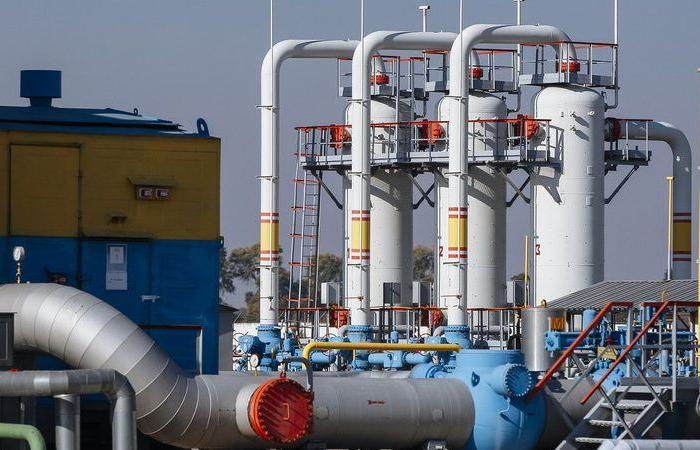Russia continues to consolidate its position as Europe’s leading natural gas supplier, outpacing competition from the United States and other global exporters. This trend has emerged clearly in the latest data on gas imports by European countries, highlighting the continent’s growing dependence on Russian supplies, despite geopolitical tensions and economic sanctions in force.
According to the most recent data, Russia supplied more than 40% of the natural gas consumed in Europe in 2023, confirming its leading role in the European energy market. Gazprom, the Russian energy giant, has played a key role in this context, increasing exports to Europe thanks to an established network of gas pipelines and long-term contracts with various European countries.
Existing infrastructure, which includes pipelines such as Nord Stream, Nord Stream 2 and TurkStream, allows Russia to supply gas efficiently and relatively cheaply compared to expensive ship shipments of liquefied natural gas (LNG) from the United States and other countries. regions.
In recent years, the United States has sought to increase its share of the European gas market through the export of LNG. However, competition with Russia has proven difficult for several reasons:
Shipping cost: LNG must be cooled to very low temperatures and transported in specialized vessels, a process that significantly increases costs compared to gas transported via pipeline.
Infrastructure capacity: Although Europe is investing in LNG terminals to diversify sources of supply, the current infrastructure is still limited compared to the vast network of pipelines connecting Russia to Europe.
Long-term contracts: Many European countries have long-term contracts with Gazprom, which offer stable and predictable conditions, making the option of American LNG less attractive as it can be subject to greater price fluctuations.
Europe’s dependence on Russian gas has significant geopolitical implications. Despite sanctions imposed on Russia due to various international disputes, many European countries continue to see Russian gas as a strategic necessity to ensure energy security. This creates a complex situation in which economic needs and energy security considerations must be balanced with political and diplomatic pressures.
The European Union is trying to reduce energy dependence on Russia through investments in renewable energy and other natural gas sources, but the transition is slow and expensive. Projects such as the Southern Gas Corridor, which transports gas from Azerbaijan through Turkey, represent significant steps towards source diversification, but are not yet sufficient to replace the vast quantities of Russian gas consumed annually.
Looking ahead, Russia looks set to maintain its dominant role in the European gas market. However, the growing focus on renewable energy and LNG infrastructure investment could slowly shift the balance. The ever-changing geopolitical situation, including relations between Europe, Russia and the United States, will play a crucial role in determining the dynamics of the energy market.
While the United States will continue to compete in the European gas market, Russia remains the main supplier thanks to its well-established infrastructure and long-term contracts. Europe, for its part, will need to carefully navigate energy security needs and geopolitical pressures to ensure a stable and diversified energy supply for the future.




